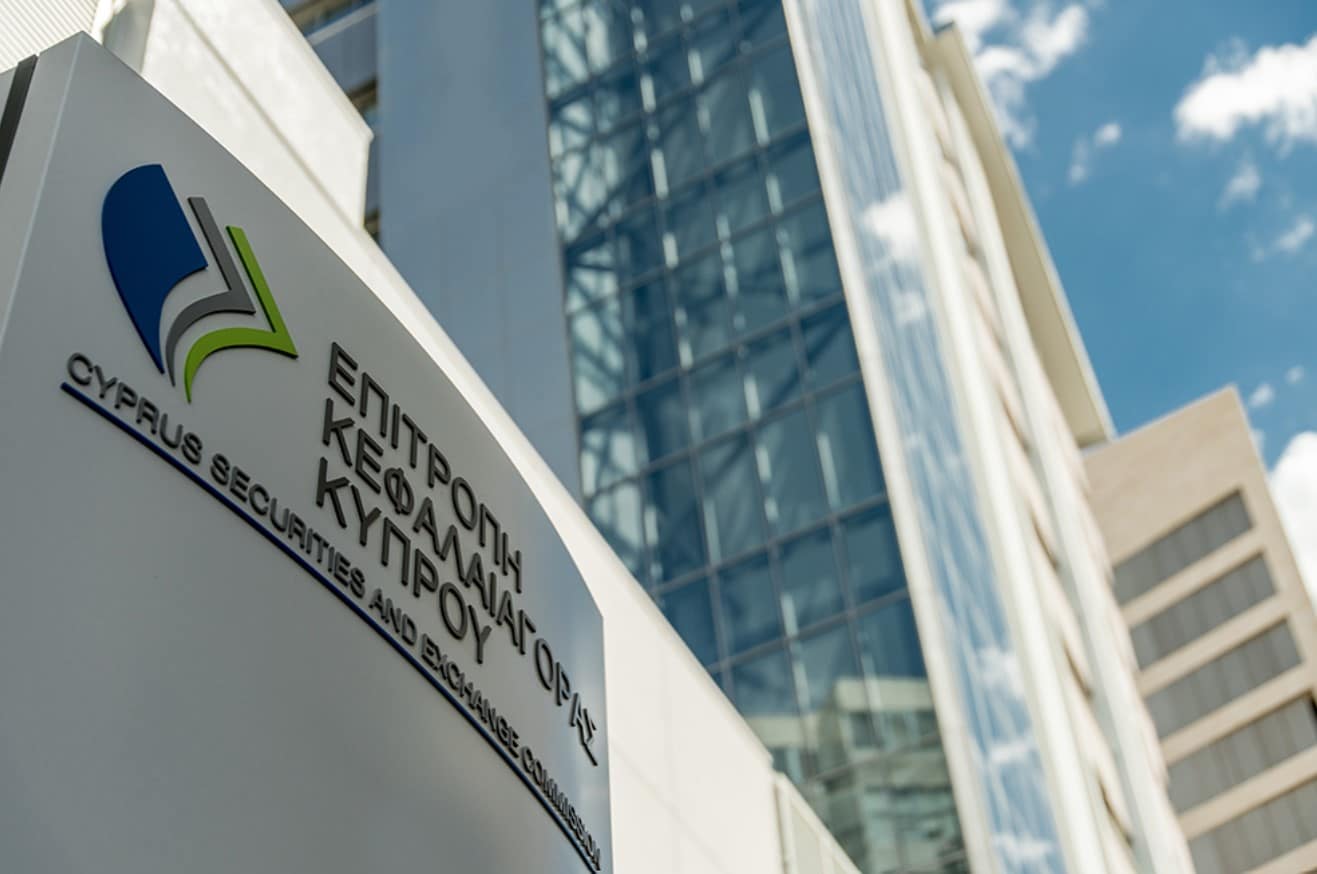The Administrative Court has annulled a fine of more than €6.4 million imposed by the Cyprus Securities and Exchange Commission (CySEC) on Greek business siblings Ioannis and Amalia Vardinogiannis over allegations of insider trading involving shipping sector changes and shareholding in a listed company.
According to Cypriot daily Politis, the court accepted the appeals lodged by both Ioannis and Amalia Vardinogiannis, cancelling the administrative sanctions issued by CySEC, which had imposed a fine of €6,388,300 on Ioannis and a further €50,000 on Amalia.
The core of the case concerned a transaction that took place on March 29, 2007, when 19,358,487 shares were acquired through Amalia Vardinogiannis at a price of €0.09 per share on the Cyprus Stock Exchange, totalling €1,742,264.
On June 29, 2007, the same shares were sold at €0.42 per share, generating a total return of €8,130,565 and resulting in a profit of €6,388,301.
According to CySEC, this profit represented the benefit Ioannis Vardinogiannis gained indirectly, using Amalia Vardinogiannis as a proxy.
CySEC concluded that Amalia acted on behalf of her brother and that the acquisition was effectively carried out by Ioannis in violation of article 9(1)(a) of Law 116(I)/2005, which prohibits the use of insider information.
The commission had determined that the “insider information” related to changes in the company’s activities within the shipping sector and the participation of Ioannis Vardinogiannis in its shareholding.
Amalia had opened a brokerage account with Sharelink Securities and Financial Services (SSFS) in early March 2007.
CySEC’s decision to fine the two was based on its view that the profit made from the transaction was a direct result of the misuse of insider information.
Investigations began in November 2007 when CySEC appointed investigating officers to examine the case.
After one of the investigators resigned, a new appointment was made and by 2010 the commission decided to impose the administrative fines.
Initial appeals against the fines were withdrawn due to the Supreme Court’s ruling in an unrelated case, which found CySEC’s Board to have been improperly constituted at the time.
This ruling led to the withdrawal of CySEC’s contested decisions and the appointment of new investigators on November 13, 2011.
That decision was subsequently annulled on February 4, 2013, as it had been made by members of the commission whose appointments had already been rescinded by a Cabinet decision on June 20, 2012.
A new round of appointments followed on March 4, 2013, and a final investigation report was submitted on January 20, 2016.
At a meeting held on February 8, 2016, the commission reviewed the report and decided to invite both individuals to submit written representations.
By July 2018, Ioannis and Amalia Vardinogiannis had been notified of the penalties.
Through their lawyers, they raised several objections, most prominently the improper constitution and composition of CySEC during its various deliberations, and questioned whether certain members had the legally required qualifications.
One objection referred to a prior judgment that had determined the commission’s constitution was defective due to the presence of a specific member.
“They cannot, by invoking article 22 of Law 158(I)/1999, save the legality of previously adopted decisions, especially when a final ruling has already deemed the constitution deficient” the Administrative Court noted in its decision.
The court further stated that the decisions made during the defective February 8, 2016 session were unlawful and required formal revocation and reissuance under a properly constituted body.
“In light of the above, the claim regarding the flawed constitution is accepted” the court concluded.
The ruling also declared it unnecessary to examine other arguments since the main objection was sufficient to justify annulment.
As a result, the contested decision in each appeal was annulled to the extent that it concerned the applicants.
Finally, the court also decided that legal costs of €1,700 plus VAT are to be awarded to each appellant.







Click here to change your cookie preferences